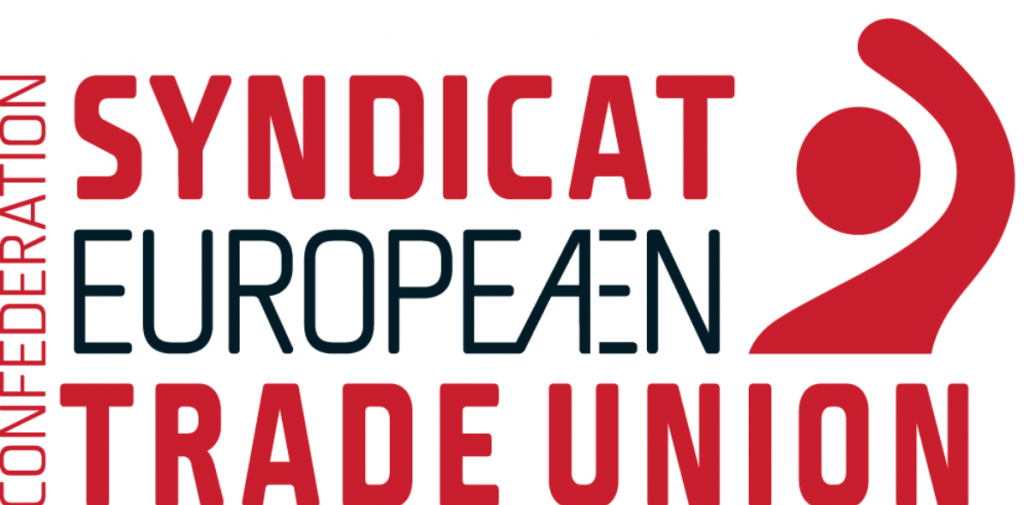
The European Trade Union Confederation says its aim is "to ensure that the EU is not just a single market for goods and services, but is also a Social Europe, where improving the well being of workers and their families is an equally important priority. The European social model – until the onset of the crisis – helped Europe to become a prosperous, competitive region with high living standards."
The ETUC has published a policy proposal on the development and use of AI under the headline: AI Humans must be in Command.
"AI systems are data-driven technologies" they say. "Access to, and the ownership of, data are the core of AI technologies. Data has created a new business model for companies. However, the boundaries between private and non-private data are thin."
They continue:
Data is sensitive. AI innovations are not per se good and do not per se deliver positive outcomes for society. Access to and processing of data needs regulation for legal certainty and predictability, security and safety, and protection for all. Ethical principles are key. They should form a robust and reliable basis for business, workers and society. Ethical principles should be legally binding. Only under this condition will they provide a level playing field and fair competition. However, one AI regulation cannot fit all situations: consumer protection and worker protection need a differentiated approach.
An ambitious European AI regulatory framework should address the specificity of the workplace. Humans must be in command. Any AI technology should enable humans remain in control. Workers must be able to opt out from the human-machine. The regulations must specifically address workers’ data protection and privacy and go beyond GDPR.
Digital skills are crucial. Workers need to be empowered and critically aware of what AI technology at work brings. They need to become “AI literate”. GDPR is a powerful tool that trade unions can use to exercise the “right to explanation”. Worker representatives should have a major role in ensuring this right at the workplace.
They conclude
AI needs a legally and empowering European framework based on human rights, public interest at the service of society, for the social and environmental wellbeing and common good. AI technologies will only deliver a fit for purpose innovation, if they comply with the Treaty based precautionary principle.








